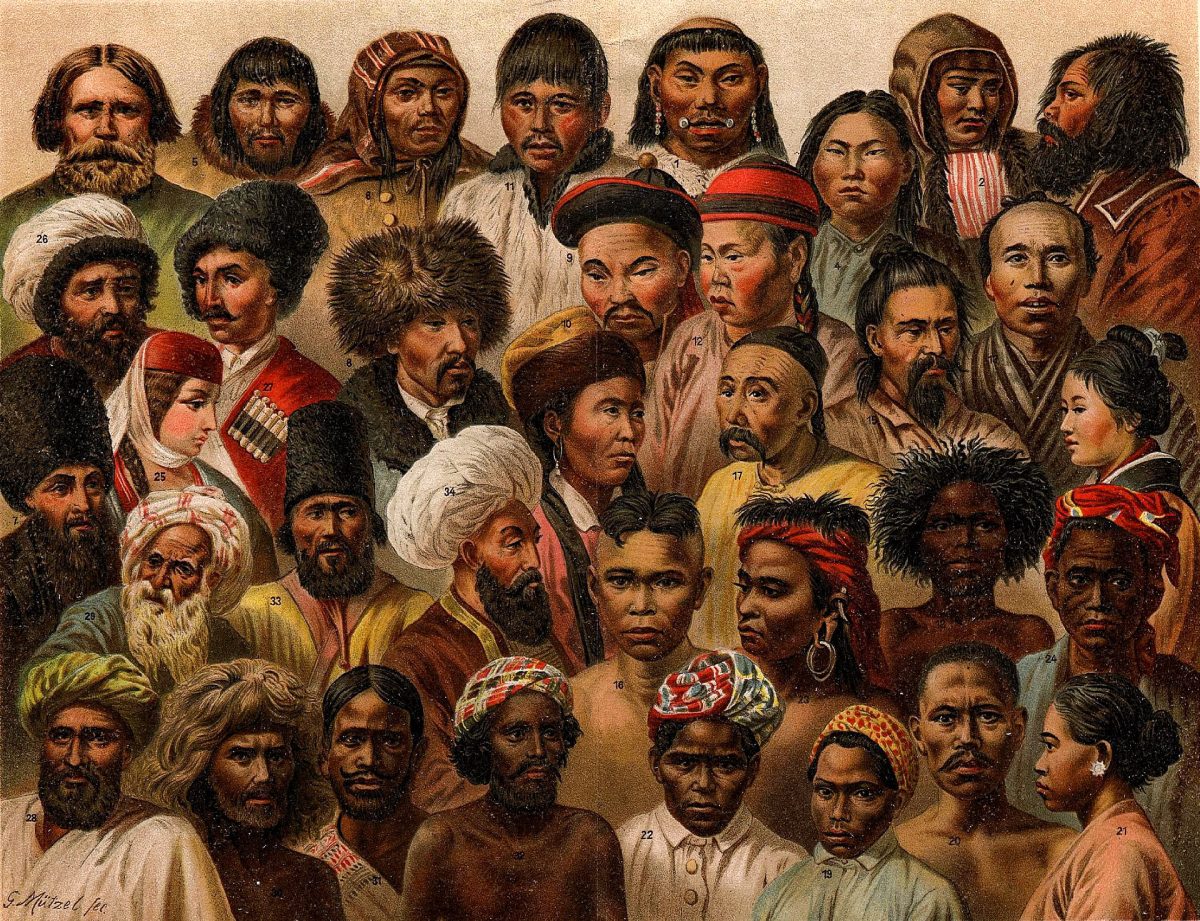In my experience, whenever I have heard Americans speak about India, they always talk about its vibrant culture, the milling crowds and the warm hospitality they received from their obliging hosts. Movies and books like “Eat, Pray, Love” also reinforce the image of a welcoming yet mysterious land with a million gods. But I feel that all these viewpoints and narratives do not give you the whole picture because they come from primarily white and Western sources. Due to the entrenched racism in Indian society, the experiences of a black tourist or exchange student in India are vastly different from those of a white person.
Racism is not new to India. It was reinforced by Victorian puritans in the eighteenth century who brought along with them a host of other problematic beliefs and norms. But even before colonization, discrimination on basis of skin color was extant due to the pervasive and enduring caste system — an age old system that divides people into four groups which governed their access to resources and opportunities. Indeed, the colorism and racism that plagues minds today is closely linked to the caste system. Fair skinned people are associated with higher castes and purity while dark skinned people are seen as belonging to lower castes. This association was only strengthened under colonial rule and still continues to poison minds across communities today.
This racism takes many forms and it affects tourists, exchange students and even India’s own citizens in varying degrees. India has a sizable African student population, primarily from Nigeria and Sudan, who come to the country seeking higher education. They all have to face stereotyping and racism on a daily basis. In a particularly appalling incident that took place a few years ago in Greater Noida, a town 40 kilometers from the nation’s capital, Nigerian students were viciously attacked by locals who alleged that they had drugged another student, causing his death. The toxic stereotype of African students being drug dealers was almost fatal for Nigerian nationals, forcing them to hide in their homes.
Another racist notion that leads to such attacks is one linking Africans to cannibalism. Many Africans living in New Delhi have been attacked in the past on suspicions of having practiced cannibalism. Apart from such egregious acts, black students and tourists also find it difficult to get accommodation because of mistrustful landlords. Pejorative name calling, finger pointing and jeers are also some of the things black people face when simply walking down the street. This contrasts sharply with experiences of white tourists who do not face any such discrimination.
But all this doesn’t stop relatively wealthy Indians from protesting when they face racism abroad. This privileged group quickly condemns racist attacks on Indians in Australia and New Zealand but at the same time sees no problem in using fairness creams and bleaching agents. It is far easier for them decry such plainly racist attacks than to recognize and unlearn their own, more subtle, racist tendencies. Such tendencies engender misconception and myth, and this ultimately leads to attacks like the ones in New Delhi and Noida.
At a time when India’s Prime Minister Narendra Modi is exhorting the world to invest in India and make it their new business destination, it is imperative that this selective hospitality and rampant racism need to go. It might take time to dismantle attitudes built over generations, but it is high time that we acknowledged the issue and began to unlearn our racist inclinations.
Racism in India and how it colors tourists’ experiences
November 8, 2019
Photo by Creative Commons
Race in Asia
Donate to The Battalion
Your donation will support the student journalists of Texas A&M University - College Station. Your contribution will allow us to purchase equipment and cover our annual website hosting costs.





















